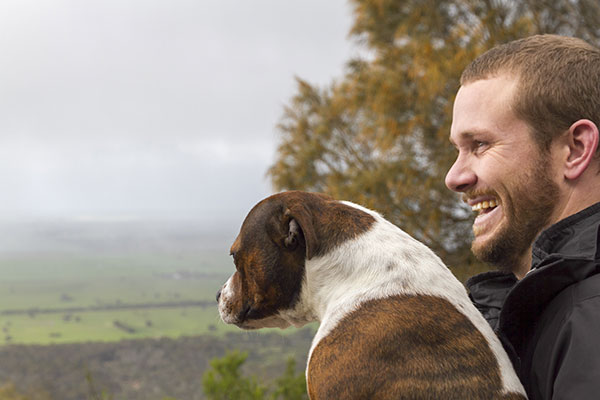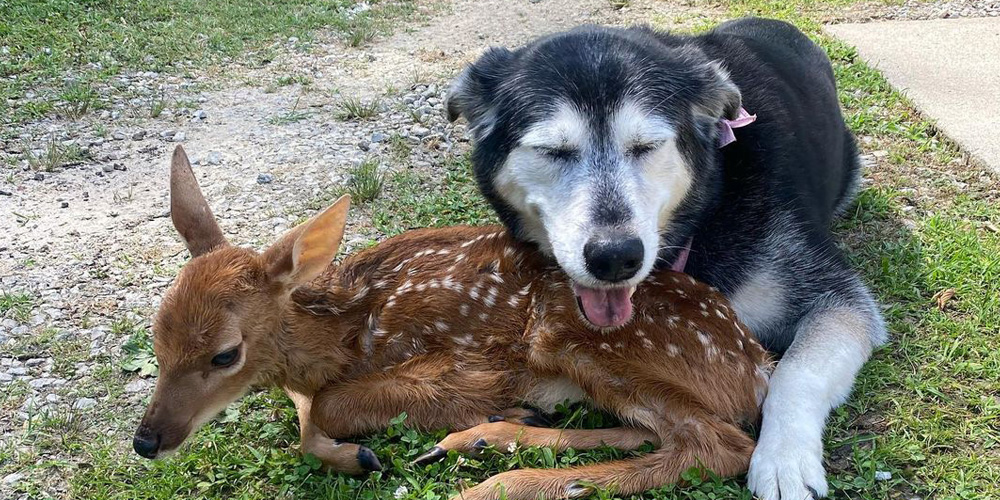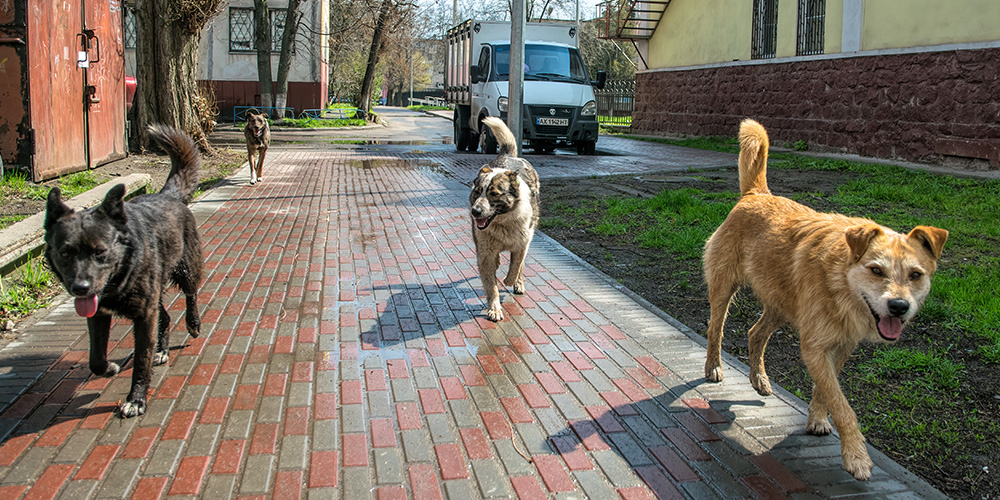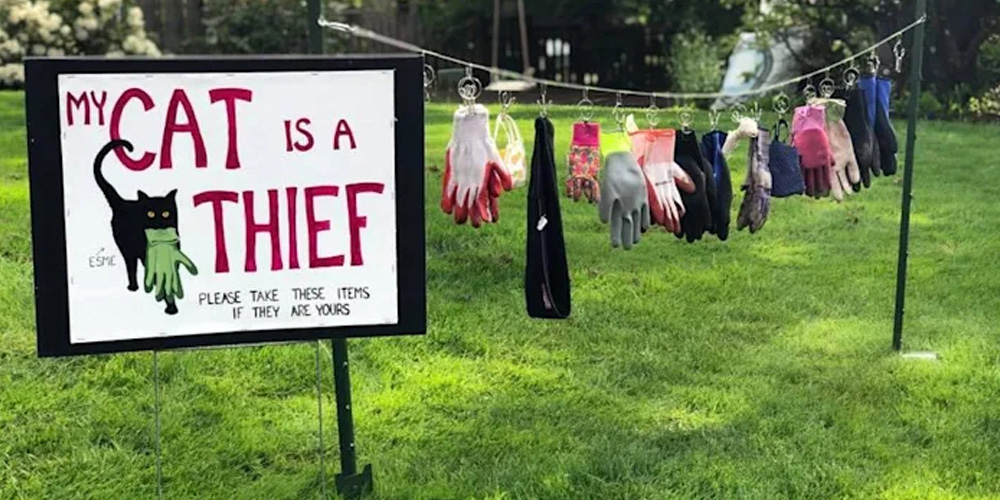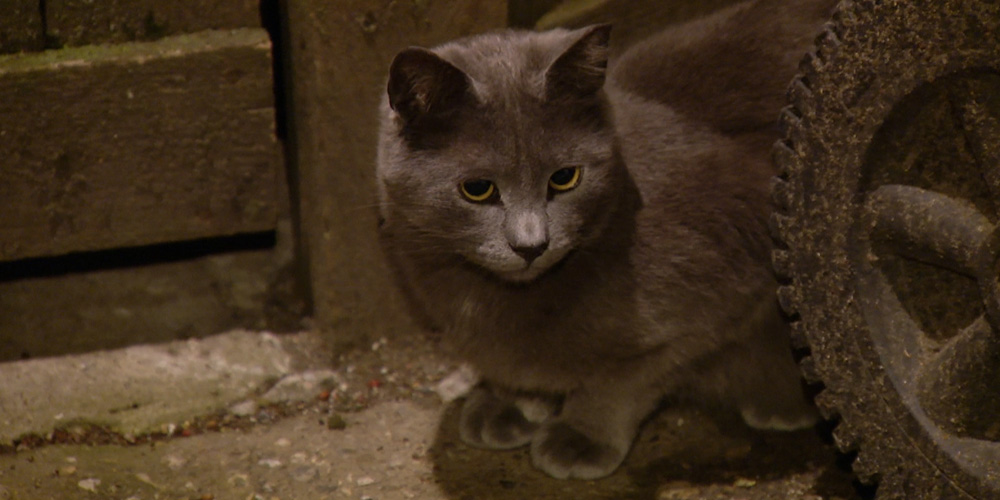In Surfside, Florida, steps are being taken to improve the mental health of first responders on the frontline. Hundreds of first responders are currently working around the clock in a search and rescue mission to locate over 100 people that are still unaccounted for at the Surfside building collapse site.
The emotional toll on those working tirelessly to recover the missing people is extremely heavy and expectedly difficult to bear. Therefore, the Miami-Dade Fire Rescue (MDFR) Department has enlisted the help of man’s best friend to support those that are bearing the brunt of this tragic and highly stressful mission.
Many are familiar with the site of urban search and rescue dogs at these types of sites. However, the use of mental health therapy dogs is a new concept specifically designed to lessen the burden for the first responders and help them to cope with the situation as they work. The use of a therapy K-9 unit can be potentially life-saving, as within the MDFR department alone there have been 31 suicides in its history, which extends from those on active duty to retirees.
Captain Shawn Campana, a veteran working with Miami-Dade Fire Rescue, spoke with Local10 on the matter. Campana explains that the dogs used are trained mental health therapy dogs. “It’s even a new concept in the fire service to have dogs like this.”
Captain Campana started the program fine years ago in the hopes of reducing or even eradicating the possibility of suicide among first responders. Two of the dogs on the Surfside site are named Charlie and Abby and have been helping to keep up the spirits and care for the mental health of those working on the rescue.
The surfside incident is the first in the history of Miami-Dade Fire Rescue in which therapy dogs have been included as part of the front line command structure. Campana explains that there seems to have been a culture shift within fire departments across America in which responders are coming to the realization that these terrible events do indeed affect their mental health.
Campana was friends with six of the aforementioned suicide victims, which sparked his need to find a solution or aid for those working on the front line, to try and lessen the emotional burden. “When you have that personal experience, it’s very easy to be dedicated,” he said. Campana is confident in the knowledge that the use of therapy dogs on site will make a difference for those working there.
The therapy dog unit has been aptly named the “Crisis Response K9” unit. They are currently station in the medical examiner’s tent at the Surfside site. There are also K9s located near to the piles from the collapsed building in order to support the men coming on and off the piles during the search. They are there to offer support and greeting in the hopes of taking the edge off.
Campana explains the premise in that the contact that a human makes when “friendly petting” a dog helps the body to release oxytocin, relieving stress. Additionally, he explains that extended incidents such as Surfside are extremely intense affairs. And as a result, everyone is on edge and all of their feelings are intensified by the urgency of the situation.
“We are now very aware that we can potentially be effective by stress like PTSD, like suicide ideation,” Campana told Local10. “And that is what this team was designed to prevent.”
The program was originally started with a retired greyhound that went by the name Charlie. Charlie had been injured in competition shortly before the initiative began, and was no longer required by the race track. However, with a bit of therapy training, he worked well as the first dog to join the Crisis Response K9 unit.
There are now ten full teams of dogs that make up the Crisis Response K9 unit. The success of these teams has meant that Capana has pioneered a method of support for first responders that is beginning to be recognized across the state of Florida.
MDFR is now working alongside various other departments across the state to help them put together their own K9 support teams for the future. Though it is worth noting that the peer support team does not simply consist of K9s, but extends to include professional counselors, as well as psychiatrists.


